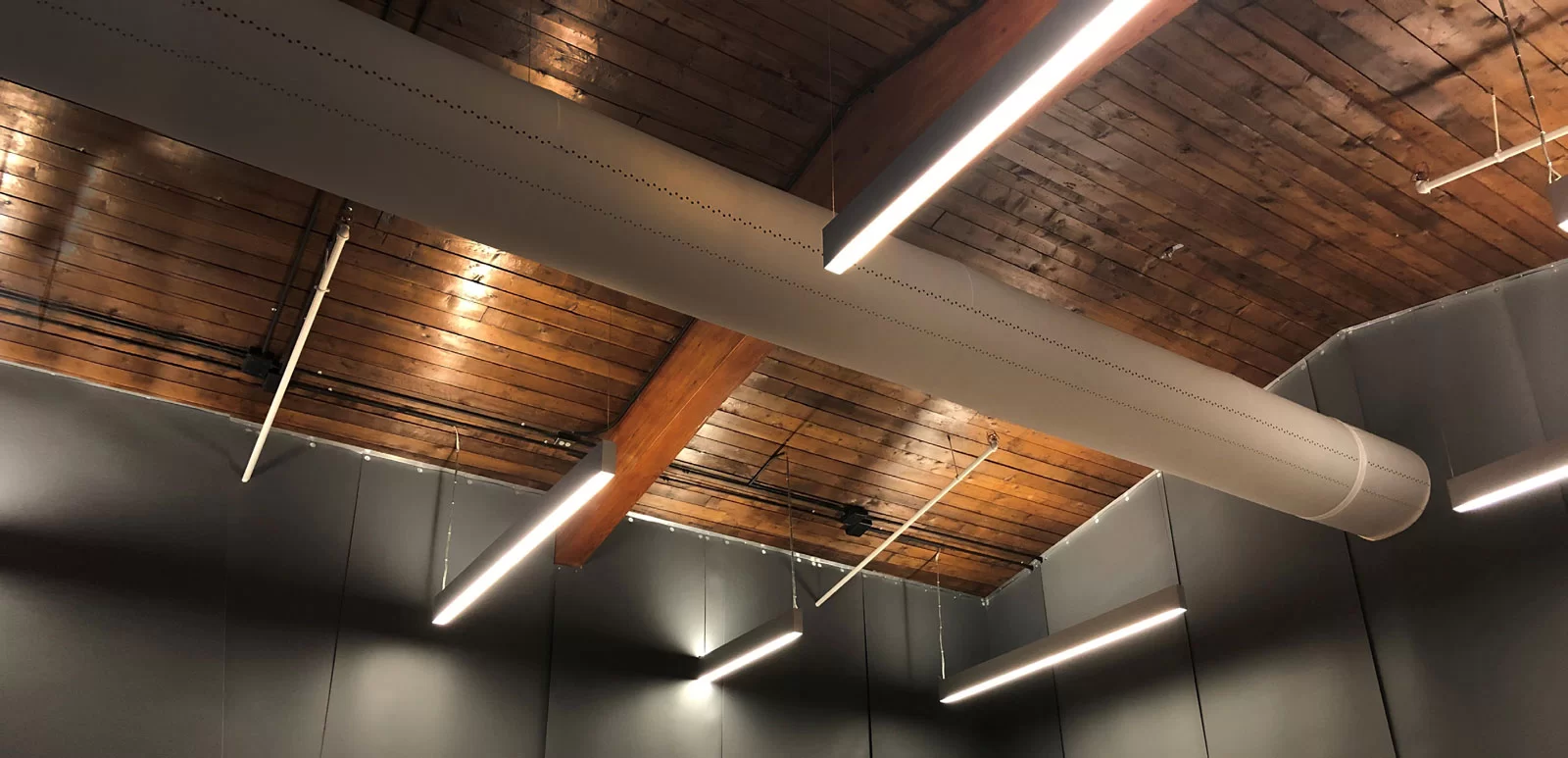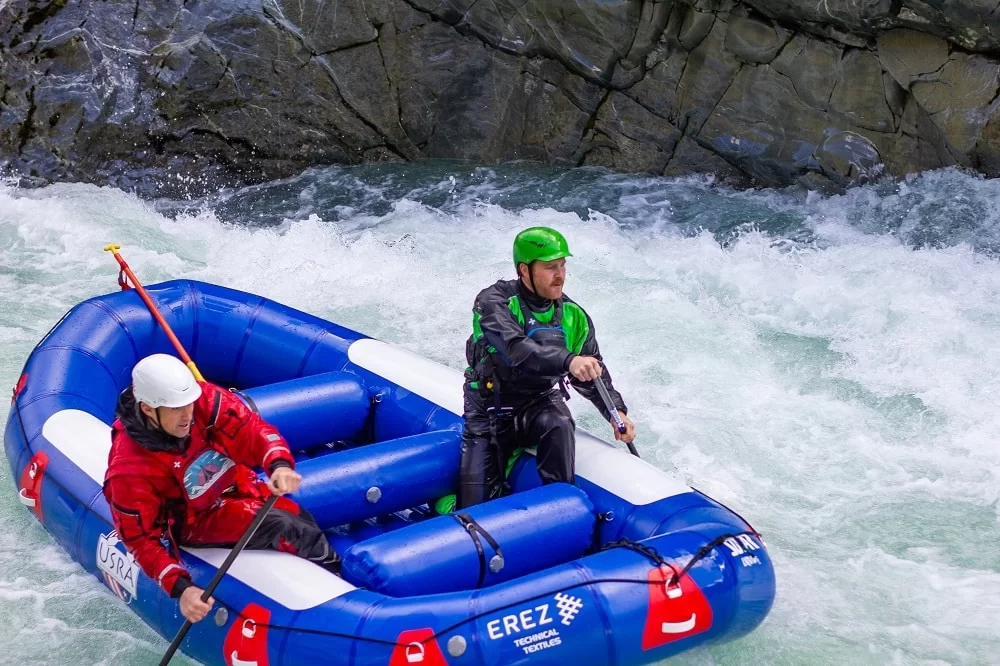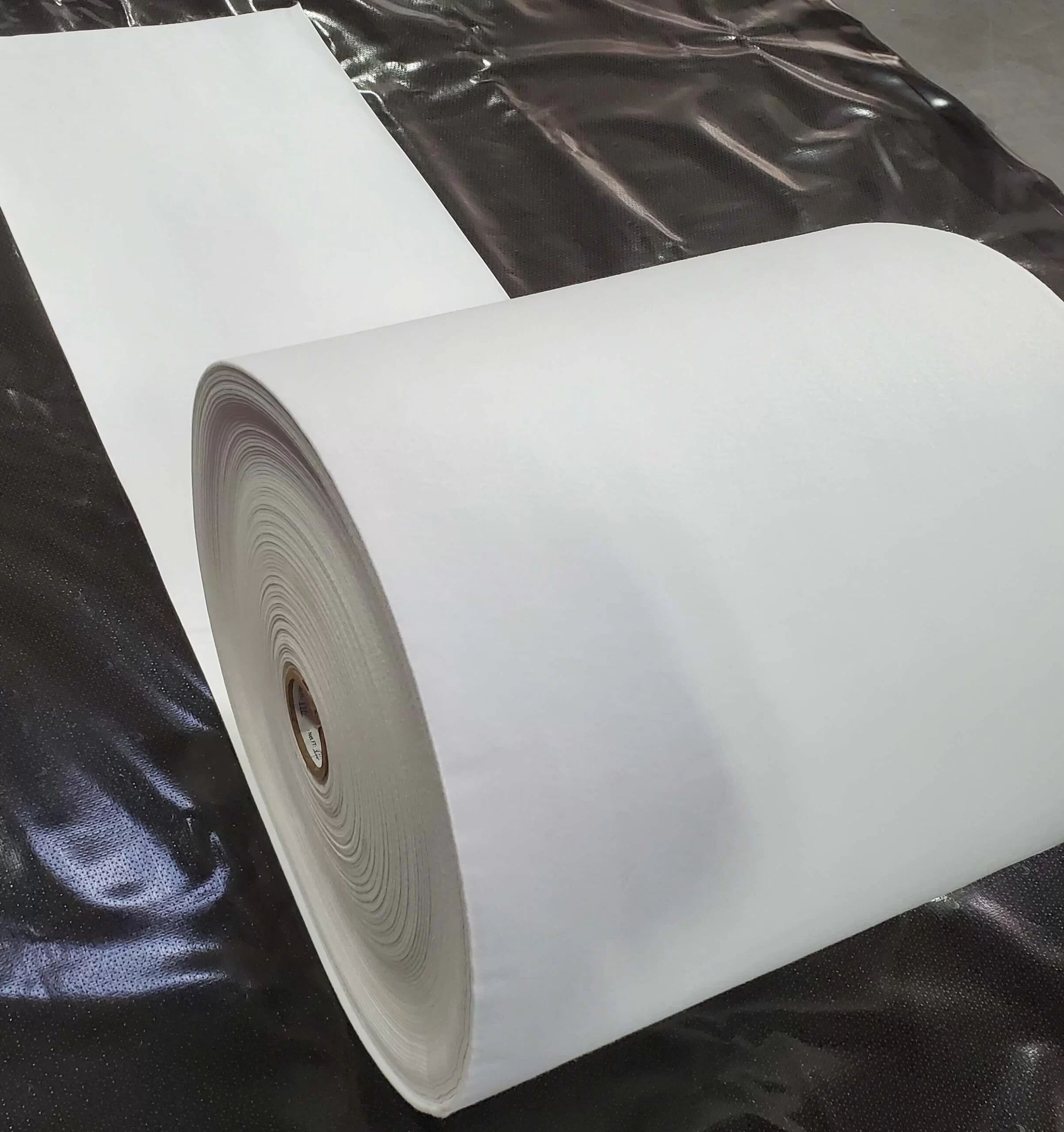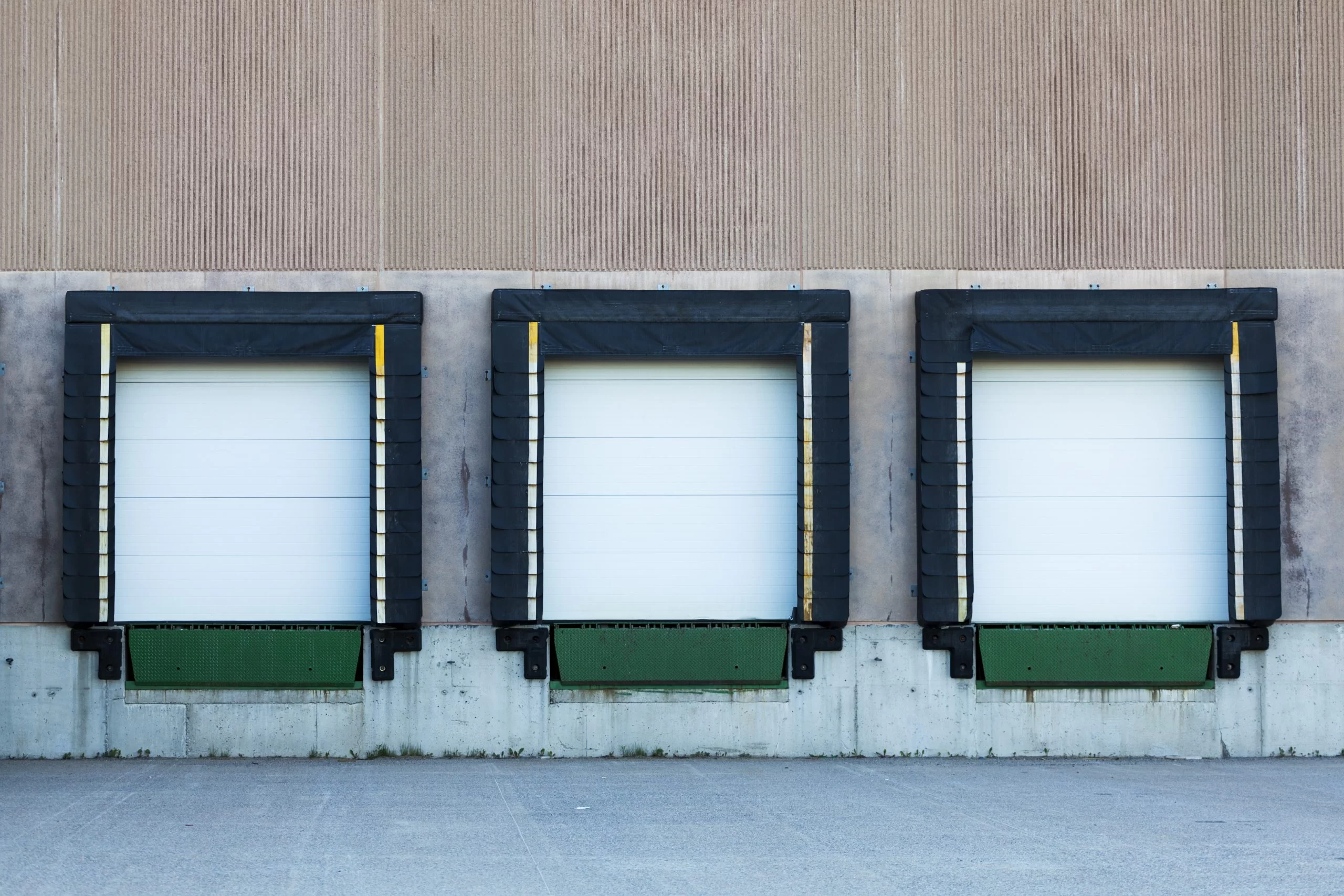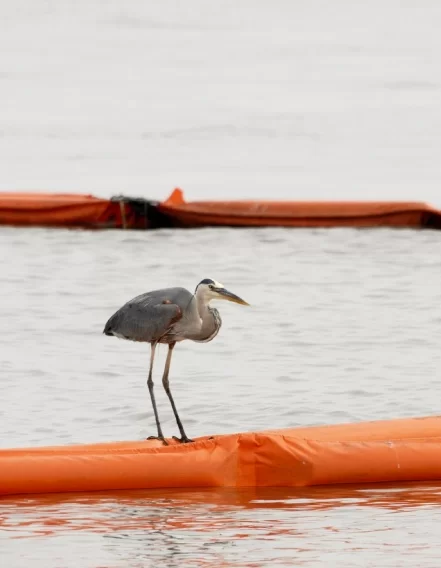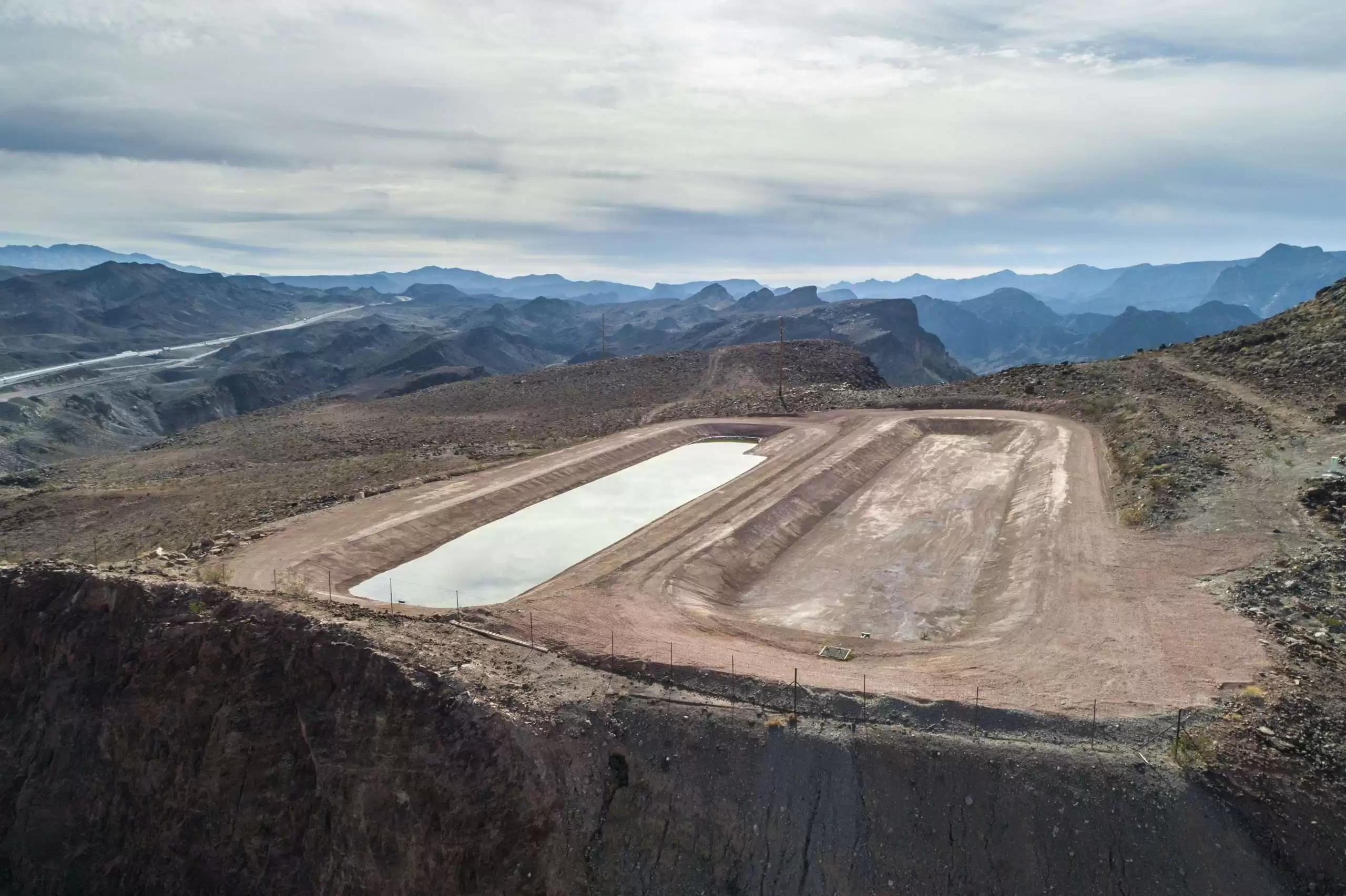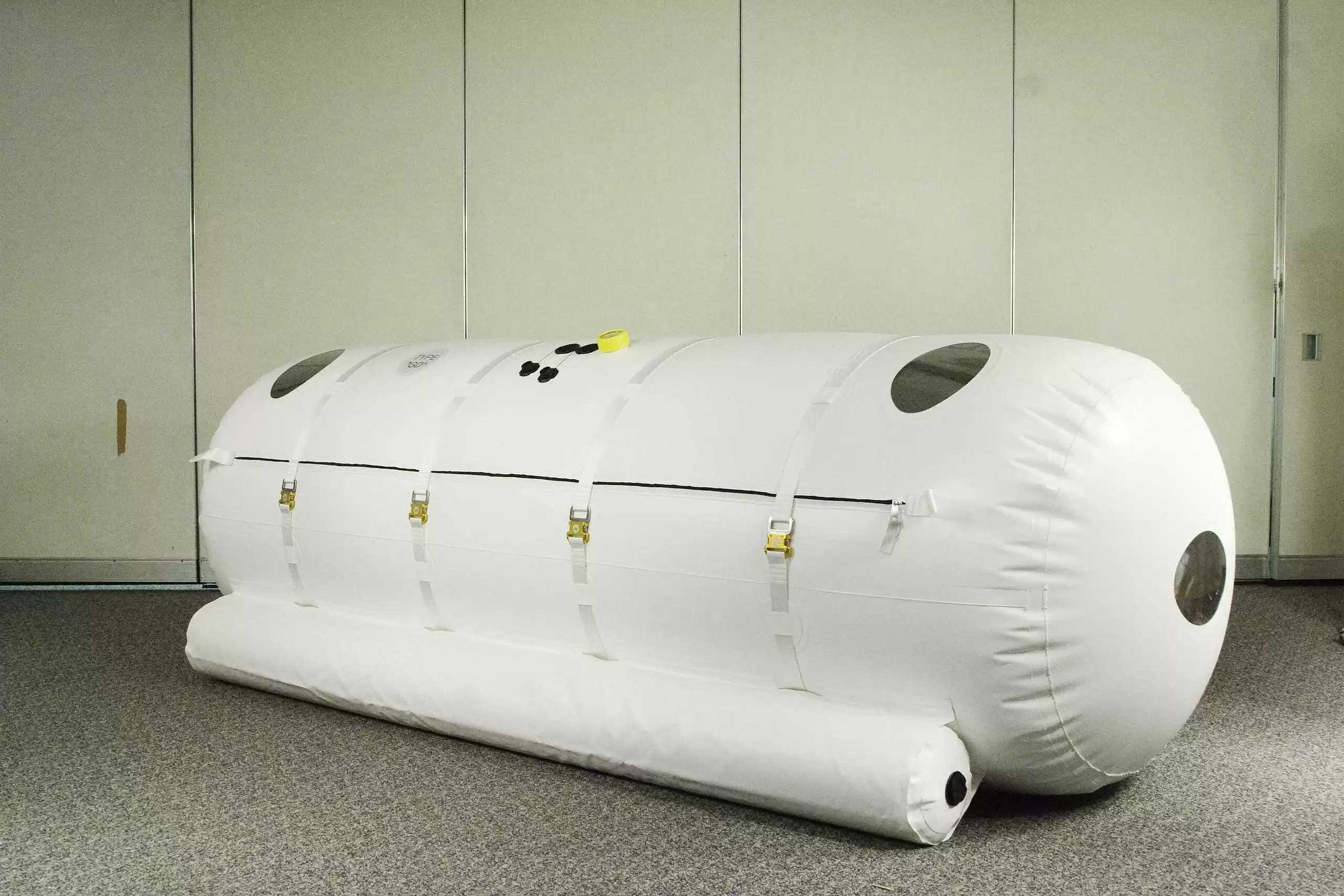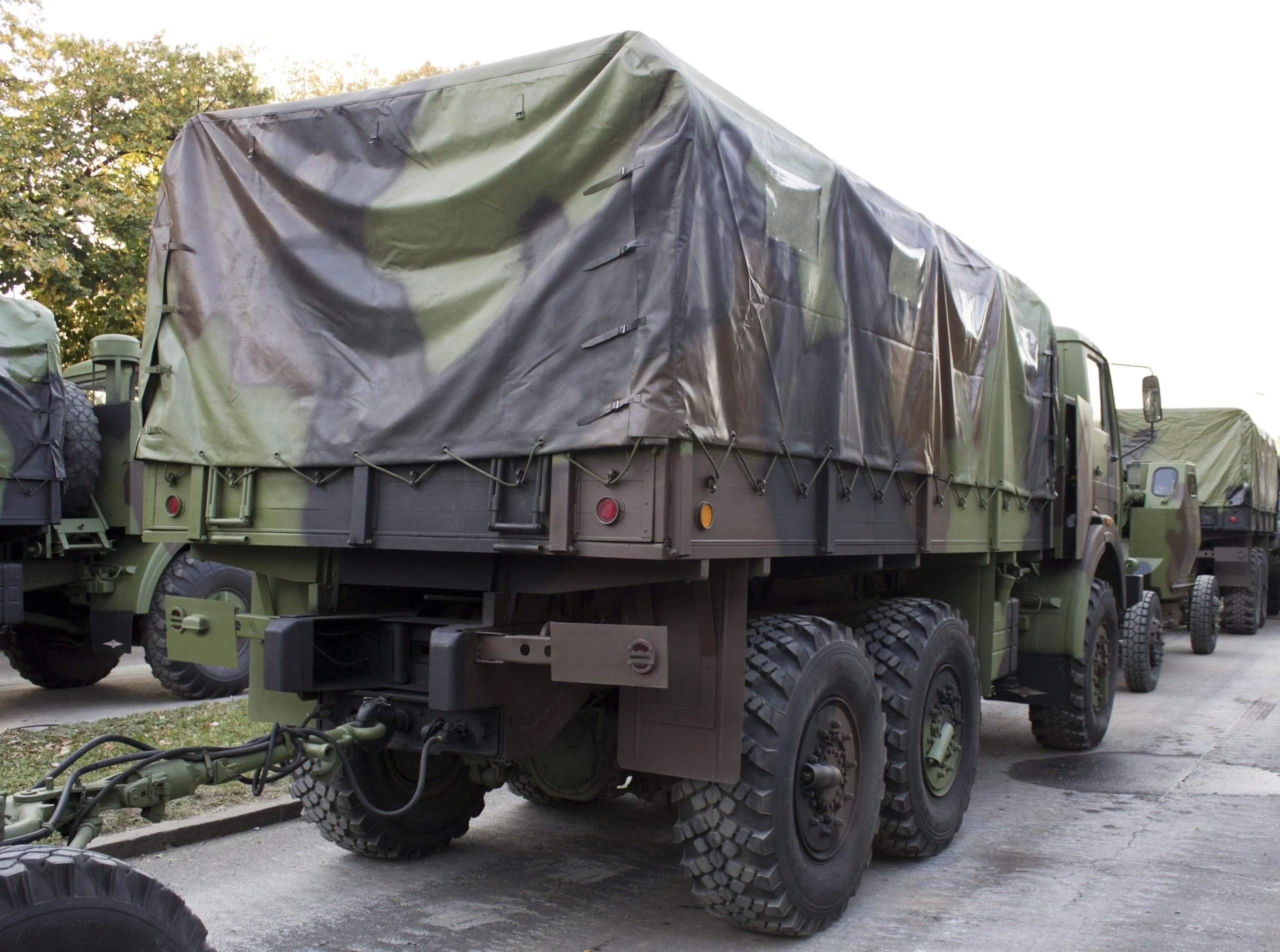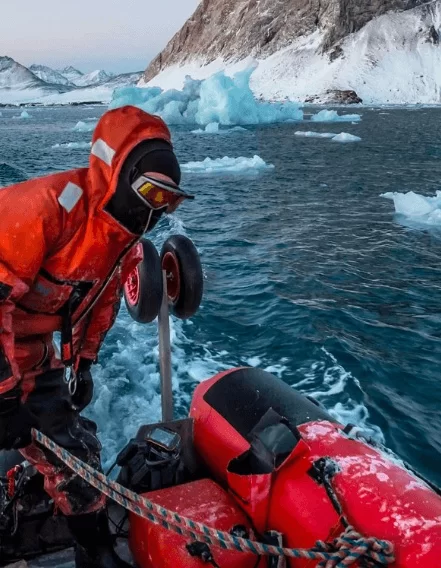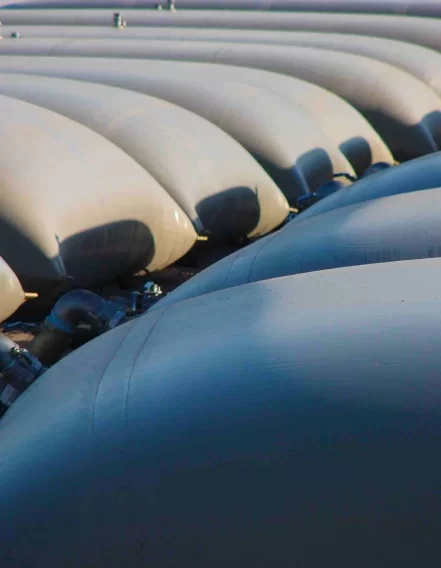Table of Contents
Turning Innovative Materials into Dependable Marine Performance
Inflatable boats have become essential tools for rescue teams, defense fleets, and marine professionals who need lightweight, durable, and flexible craft. Their reliability depends on the quality of the coated fabric that holds air, resists damage, and endures harsh environmental conditions.
At E Squared Technical Textiles, we supply high-performance TPU-coated fabrics that make inflatable boats stronger, lighter, and easier to produce while meeting modern safety and sustainability standards.
Why Choose TPU for Inflatable Boats
Thermoplastic Polyurethane (TPU) combines the strength of engineering plastics with the flexibility of rubber. Its unique structure allows boat manufacturers to achieve superior performance in every application.
Key benefits include:
- Weldable seams that remove the need for toxic adhesives
- Excellent resistance to UV light, fuel, and abrasion
- Flexibility from -50 °C to 70 °C
- Smooth, consistent surfaces that hold air and pressure
- Lower environmental impact compared with PVC and Hypalon
These advantages make TPU the preferred fabric coating for modern inflatable boats that must balance performance, durability, and environmental responsibility.
How Inflatable Boats Are Built Using TPU-Coated Fabric
1. Selecting the Right TPU Fabric
Boat designers choose the TPU formulation that matches their operational needs.
- Aromatic TPU provides superior puncture resistance and strength for inner layers and floor reinforcements.
- Aliphatic TPU offers long-term UV stability and color retention, making it ideal for outer coatings and visible surfaces.
E Squared supplies both types with polyester or nylon base fabrics in a range of thicknesses to meet strength and flexibility requirements.
2. Cutting and Preparing the Panels
TPU fabrics are precision-cut for accurate fit and minimal waste. The edges remain clean and smooth, ensuring airtight seams and a professional appearance once assembled.
3. Welding the Seams
Unlike Hypalon or PVC, which rely on glues, TPU allows thermal welding by hot-air, impulse, or radio-frequency (RF) methods. Welding creates a molecular bond that is stronger and more uniform than any adhesive joint.
Welding advantages:
- Stronger, more consistent seams
- Reduced production time
- No chemical solvents or hazardous waste
- Easier automation and repeatability
4. Assembling Tubes and Chambers
After welding, the panels are formed into tubes or chambers. TPU’s elasticity allows them to inflate to the desired shape and maintain pressure without stretching or cracking, even after repeated folding or deployment.
5. Finishing and Testing
The assembled tubes are heat-sealed, embossed, or printed with brand graphics. Each finished section undergoes pressure-retention, UV-aging, and abrasion testing to ensure long-term reliability in real marine environments.
Property | TPU-Coated Fabric | Hypalon (CSM) | PVC |
Seam Method | Weldable | Adhesive | Adhesive |
UV Resistance | Excellent (Aliphatic TPU) | Moderate | Poor |
Abrasion Resistance | High | Medium | Medium |
Weight | Lightweight | Heavy | Light |
Environmental Impact | Solvent-free and recyclable | Limited recyclability | High VOC adhesives |
TPU delivers consistent strength, lighter weight, and improved environmental compliance compared with older marine coatings.
Customization Options from E Squared
E Squared works directly with marine OEMs to customize TPU-coated fabrics for specific designs and production requirements.
Our capabilities include:
- Single-sided or dual-sided coatings
- Base fabric selection (polyester, nylon, or blended)
- Surface textures for grip or aesthetics
- Color-matched aliphatic coatings for sun-exposed areas
- Weld-adhesion optimization for your equipment
Each material is produced with strict quality control and full traceability to ensure repeatable results from prototype to mass production.
Sustainability Advantages
Our TPU fabrics support sustainable manufacturing through:
- Elimination of glue and solvent adhesives
- Reduced production emissions
- Recyclable thermoplastic materials
- Extended product life cycle to reduce waste
Manufacturers who switch from Hypalon or PVC to TPU gain both performance improvements and measurable environmental benefits.
Why Boat Builders Partner with E Squared
- Proven material performance in defense, rescue, and commercial fleets
- Consistent global supply and technical support
- Expertise in welding, lamination, and product integration
- Scalable production capacity for OEM programs.
From small rescue boats to high-speed tenders, E Squared provides marine fabrics engineered to handle the toughest conditions on the water.
Ready to Build with TPU?
Design your next inflatable boat with TPU-coated fabrics that improve strength, reliability, and sustainability.
👉 Request Fabric Samples
👉 Download Technical Data Sheets
👉 Speak with Our Marine Applications Team

